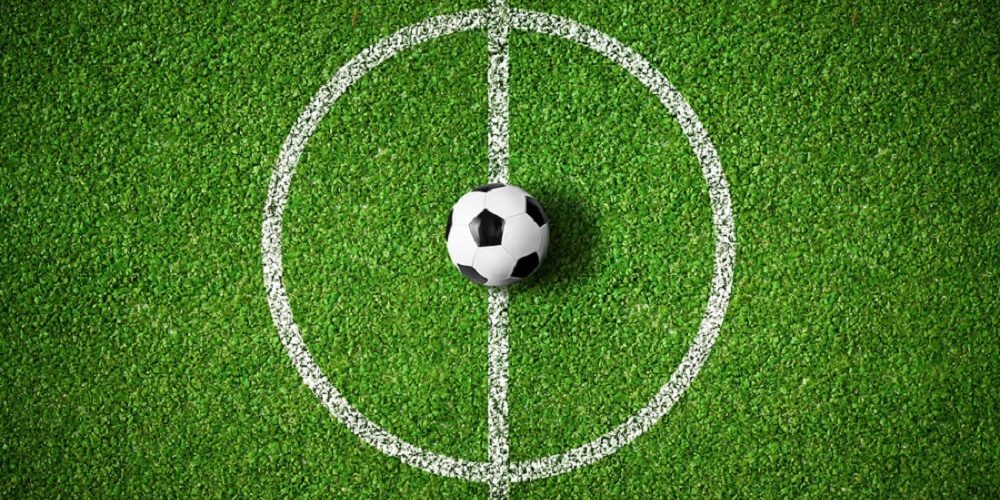Assessing the Beckham Era is a Convoluted Process
By Ridge Mahoney
Today, Tuesday, the day after David Beckham announced he's ending his Galaxy playing career on Dec. 1, the world is different, just as it was nearly six years ago when MLS announced the England international was forsaking one of the world’s great clubs to take up with a decidedly lesser party.
The seeds of his move from Real Madrid to the Los Angeles Galaxy had been sown during the summer of 2005, when the teams met in a friendly at Home Depot Center. In postgame interviews, Tim Leiweke, president of the Galaxy’s operator-investor, Anschutz Entertainment Group, just couldn’t stop talking about the buzz and electricity generated by a star-studded opposing team and which one of them he’d like to bring aboard one day.
Leiweke and AEG were chafing at the constraints of MLS. Big thinkers and major players balk at austerity, which in effect is what the league’s prudence imposed. They were also puzzled as to why a successful team — a perennial contender that featured the nation’s best player in Landon Donovan — couldn’t regularly fill up Home Depot Center.
Rapaciously high costs for hot dogs and beers and parking spaces, plus a fleet of sneering concessionaires convinced that customers were vermin, didn’t factor in their calculations. Star power drives L.A., the land of Entertainment Tonight and Hollywood and Staples Center (another AEG project, by the way) and Dodger Blue and Magic Johnson and Phil Jackson and Wayne Gretzky, so that’s the card they played.
They surmised, correctly, the MLS fan base wasn’t enough. And so was created the Designated Player option, known previously and unofficially as the Beckham Rule.
A year and a half after that friendly at Home Depot, in January of 2007, following some intense negotiations and drawn-out drama that edged Beckham toward the Real Madrid exit door, the little league that drew disdain if it merited any attention at all suddenly grew up. The world, for better or worse, discovered MLS through the allure of a limited yet very adept and glamorous midfielder adorned by a plasticized, pop-star wife and borne by his personal marketing agency.
Yes, only in America.
A clandestine loan to AC Milan, the absences prompted by Olympic commitments and a royal wedding, the petulant pissy fits with rival fans, his perceived aloofness toward teammates, the cautionable fouls and arguments that escaped sanction, and a more than a few dreary performances taint the sheen of his stay.
Yet with him in the lineup, at least a fair portion of the time, the Galaxy has reached three of the last four MLS Cups. With him in the league, players such as Juan Pablo Angel and Thierry Henry and Robbie Keane followed in his wake. With Beckham in the public spotlight, jersey sales and attendances and TV ratings and sponsorship dollars rose sharply. That the league expanded from 13 to 19 teams and upgraded its television deals during his tenure are not coincidences. He's not the sole reason but he's been a vital cog, an accelerant, in the process.
He’s not done with MLS, per se, though how he could play for another league team under its single-entity system is unclear even though he’s about to end his career with the Galaxy. A short-term stint abroad (Australia or England, probably) seems most likely, after which he’s expected to re-join the league as an investor.
A minority share in a pending expansion team would neatly suit the needs of MLS, New York, and Brand Beckham. There are hurdles to clear, but Becks in the Big Apple makes a lot of sense. Attached to him, a New York team would be beset by investors and sponsors ready to spend. He’s a money magnet. Or he could also stay in L.A. and invest in the Galaxy, which as part of the AEG sporting empire is up for sale.
As the future beckons, there’s sharp scrutiny of the past. As a player, a rocky, injury-riddled beginning gave way to a solid finish. If he’s not the crowd draw he once was the Galaxy still led MLS in away attendance (27,026). Seattle opened up all of CenturyLink Field for three regular-season games this season; its rivalry matches with Portland and Vancouver, and its game against the Galaxy.
One can find ample evidence to buttress any position regarding Beckham, from spectacular bust to monumental success. His sharply whipped crosses and swerving dead balls dazzled crowds throughout the country as well as abroad (face it, without him nobody wants a touring Galaxy). His charming demeanor and flashy smile endured thousands of interviews and appearances and press conferences. His pouts and snarky behavior confirmed he can play the villain as well as the hero, and more than a few Galaxy fans were exasperated when he embarrassed the team and MLS by cutting his own loan deal on the sly with AC Milan.
But when the Western Conference trophy was presented to the Galaxy Sunday night in Seattle as the rain poured down, along with the players and coaches could be seen a soaked yet beaming Tim Leiweke, sans umbrella or raincoat. He loves the spotlight as much as winning, and Becks helped bring Leiweke and AEG ample doses of both.
As he did for Manchester United, England, and Real Madrid, Beckham played crucial roles for the Galaxy and MLS. At no stop in his career has he been the best player, but for the Galaxy and MLS, in several ways he’s been the most significant.


